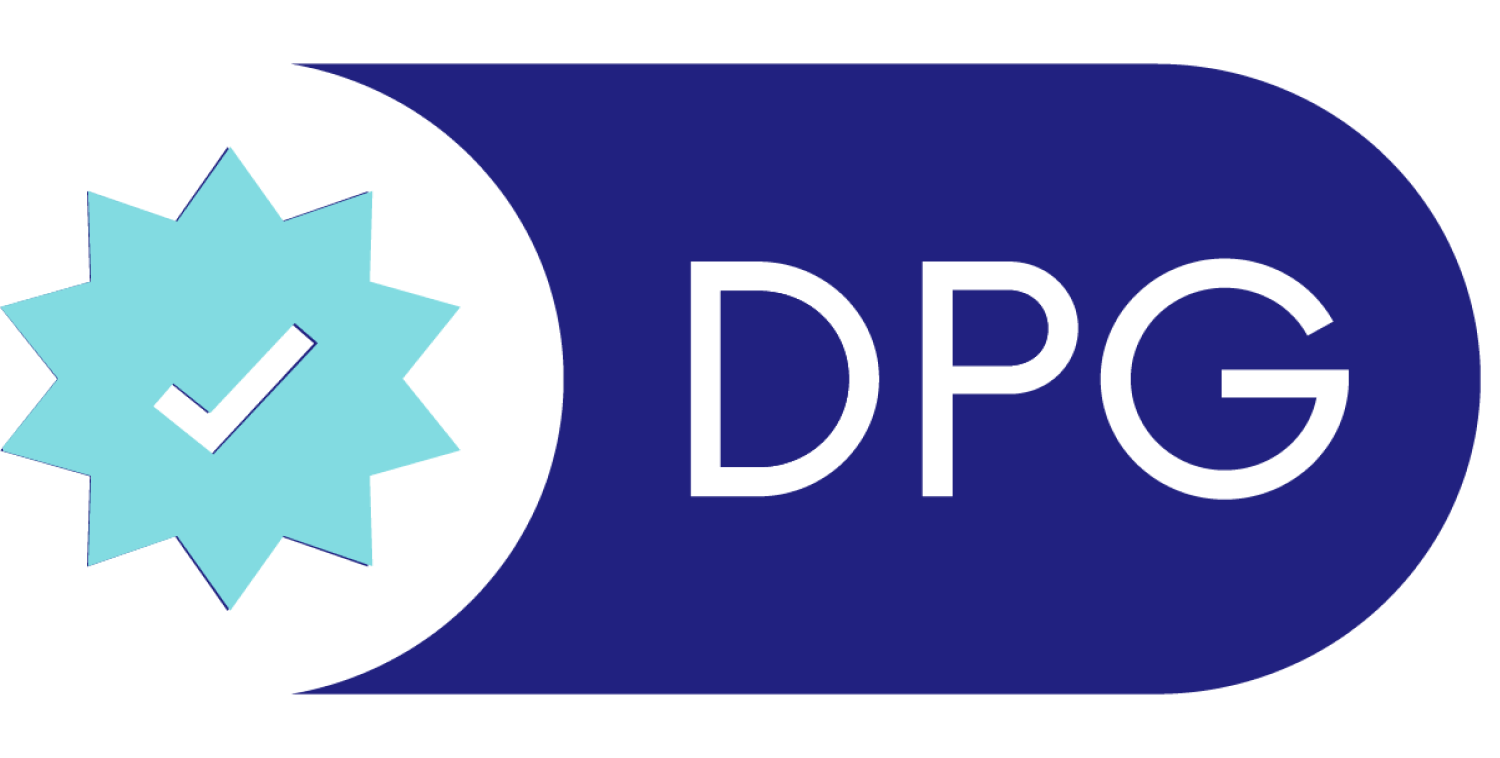-
Notifications
You must be signed in to change notification settings - Fork 2
0. General Information
Note
In the first stage of the application form, you will be asked to describe your digital solution. Please ensure that the details you provide, source code, links, and all documentation are available in English so that our technical review team can assess the application properly. Thank you.
We accept most types of source code for software solutions, except for developer tools or compiled/ executable apps.
✅ Some examples of acceptable software solutions are:
- Web applications.
- Mobile applications.
- Desktop software applications.
- User-facing scripts, libraries, or packages.
- Operating systems.
❌ Some examples of ineligible software solutions are:
- Generic libraries, plugins, packages, and frameworks.
- Firmware and device drivers.
- Programming languages, interpreters, compilers, etc.
- Protocols.
We only accept AI Systems that contain model weights, training code, and data.
✅ Some examples of acceptable AI Systems are:
- Scripts, notebooks, and/or code related to the model and the training data.
- Packaged model (library or framework) and training data.
❌ Some examples of ineligible AI Systems are:
- Academic paper (theoretical).
- Software where the usage of the AI model is not the main component (this will fit under the regular software category).
We accept one-off releases of a single dataset, a collection of datasets, or an API.
✅ Some examples of acceptable datasets are:
- Historical or statistical data that can be accessed or downloaded directly through a URL.
- Topic or sector-related data aggregation platforms or collections, as long as all data is open.
- A public API operating over static or real-time data.
- Other open datasets like geographical, public sector, regional, science, education, environmental, or other types of data.
❌ Some examples of ineligible data are:
- Graphics or visualizations (static or interactive) without access to the raw data.
- High-level aggregated data or single data points.
- Any datasets not accessible in open formats.
We only accept open content collections and do NOT accept individual pieces of content.
✅ Some examples of acceptable content are:
- Collections of learning materials or resources.
- Collections of publications or academic papers.
- E-learning open content that addresses various topics.
- Collection of books, guides, manuals, etc.
- Other collections of content like data visualizations/aggregators, blog posts, infographics, audiovisuals, images, audio, and other forms of digital content.
❌ Some examples of ineligible content are:
- Individual pieces of content.
- Social media posts.
- Single book, article, post, media, etc.
Tip
Here's a collection of extra resources and helpful links curated by the DPGA and the DPG community you can explore or contribute to.
Digital Public Goods (DPGs) are open-source software, open data, open AI systems, and open content collections that adhere to privacy and other applicable laws and best practices, do no harm, and help attain the Sustainable Development Goals (SDGs). If you have any questions regarding the DPG application process or anything else, you can ask directly to the DPG Community for guidance or send us an email; we're available to help you.
